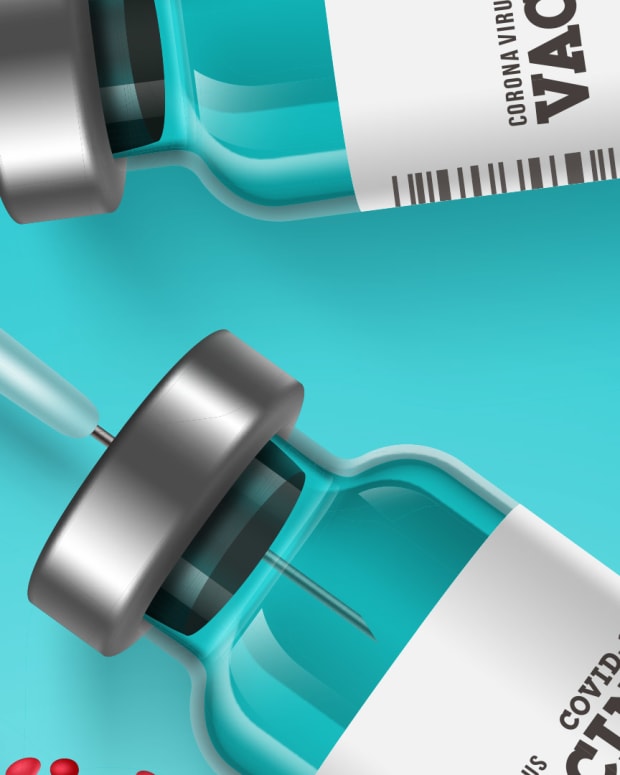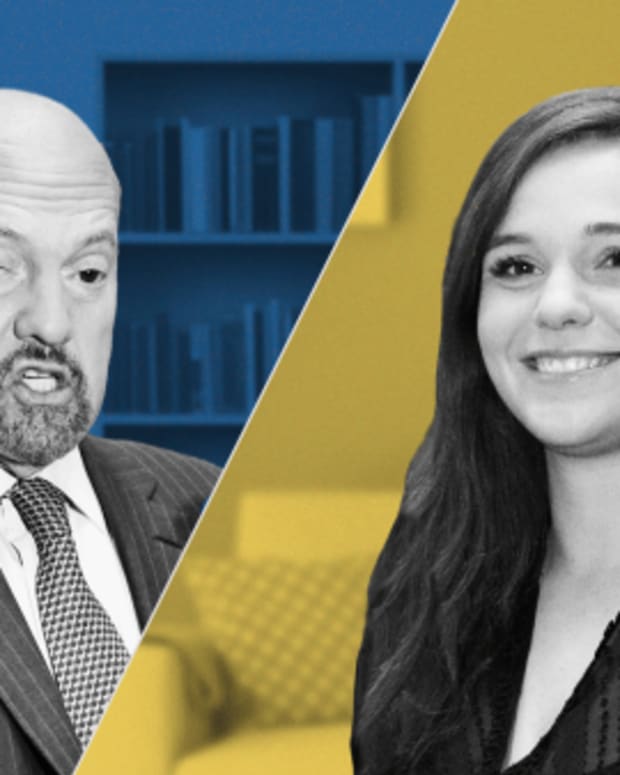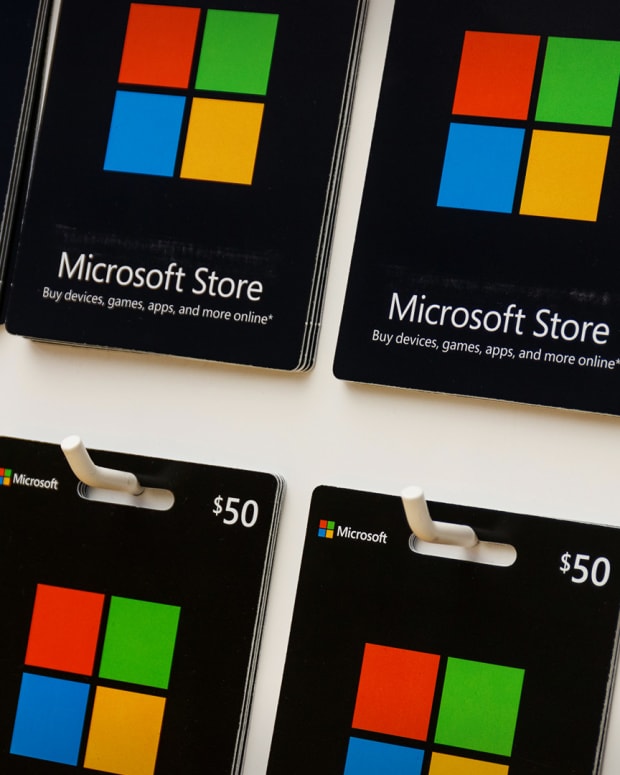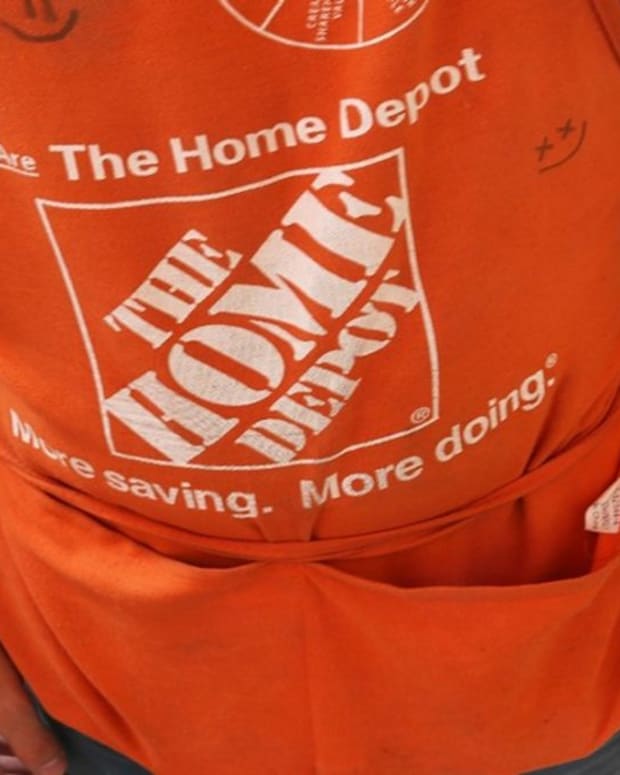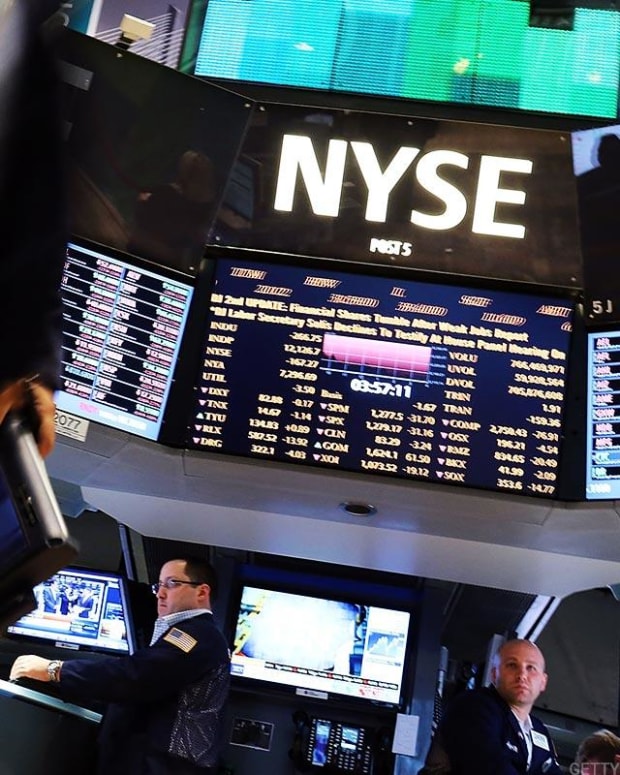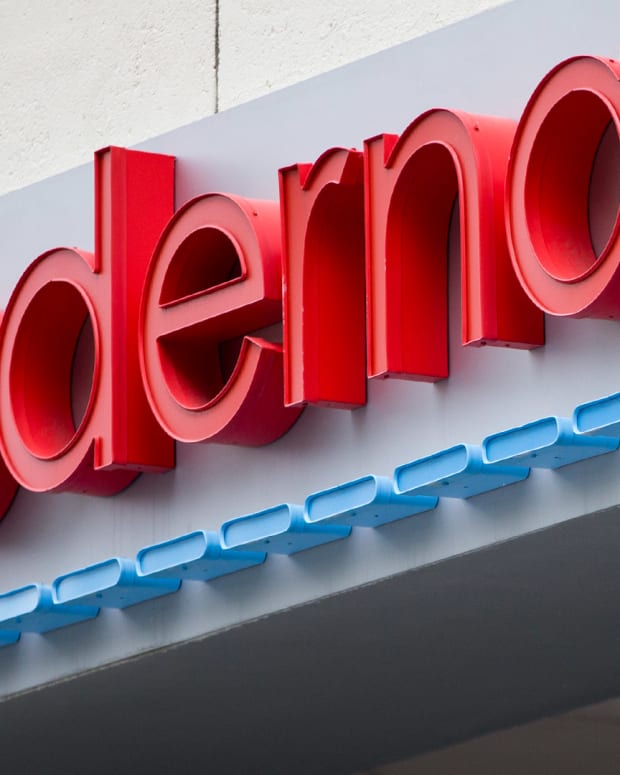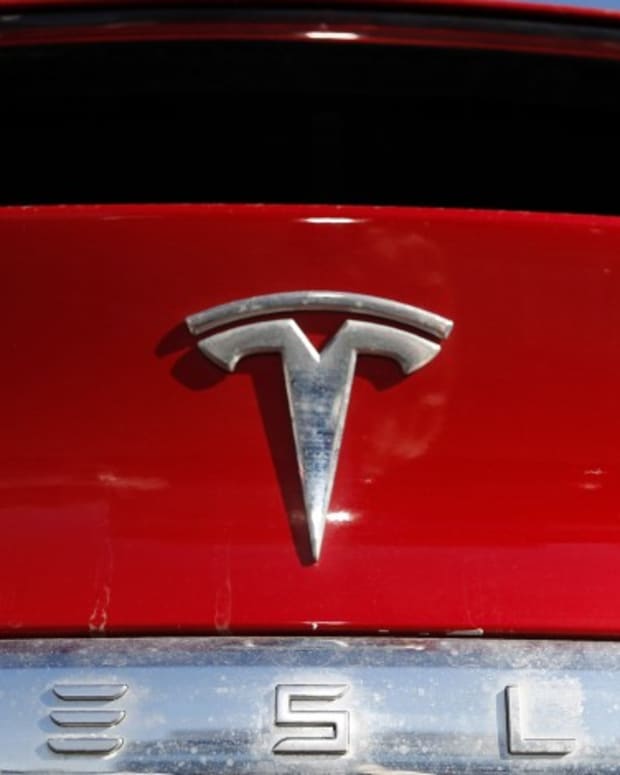BioTelemetry Soars on $2.8 Billion Sale to Royal Philips
BioTelemetry (BEAT) - Get Report shares soared on Friday, gaining more than 15% in premarket trading, after Royal Philips said it agreed to buy the wearable heart monitor maker for $2.8 billion in cash.
Shares of BioTelemetry were up 17.51% at $72.60 in trading on Friday after the companies said they cut a deal, in which BioTelemetry shareholders will receive $72 a share in cash, a 17% premium over Thursday’s closing price.
The deal arms Philips, the Dutch medical-technology company, with BioTelemetry's remote cardiac diagnostics and monitoring equipment, adding to its already robust arsenal of equipment that allows doctors and nurses to provide real-time remote care over the cloud. The transaction is expected to be completed in the first quarter of 2021.
Philips’ current portfolio includes real-time patient monitoring, therapeutic devices, telehealth and informatics.
"The combination of Philips’ leading patient monitoring position in the hospital with BioTelemetry’s leading cardiac diagnostics and monitoring position outside the hospital will result in a global leader in patient care management solutions for the hospital and the home for cardiac and other patients," Philips said in a statement.
BioTelemetry primarily focuses on the diagnosis and monitoring of heart rhythm disorders, representing 85% of its sales. The company also makes wearable heart monitors that detect and transmit abnormal heart rhythms wirelessly, AI-based data analytics and services.
BioTelemetry's cardiac monitor is connected to a patient's smartphone and can be worn for up to 30 days. Events are automatically transmitted to the patient's phone, then onto the cloud where technicians can read them 24/7.
The Malvem, Pennsylvania-based company also has a clinical research business that provides testing services for clinical trials - a market it said was worth more than $3 billion.


